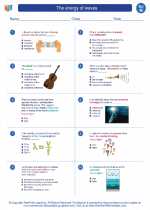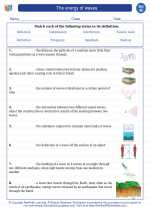Organs
An organ is a group of tissues that work together to perform specific functions in the body. These functions can be related to a particular system, such as the digestive system, respiratory system, or circulatory system. Each organ has a specific structure and function that allows it to contribute to the overall health and well-being of the organism.
Types of Organs
There are several types of organs in the human body, each with its own unique function:
- Vital Organs: These are essential for survival and include the heart, lungs, liver, and brain.
- Accessory Organs: These organs support the function of vital organs and include the pancreas, gallbladder, and spleen.
- Sensory Organs: These organs help us perceive the world around us and include the eyes, ears, nose, tongue, and skin.
- Endocrine Organs: These organs produce hormones that regulate various bodily functions and include the pituitary gland, thyroid gland, and adrenal glands.
Functions of Organs
Each organ in the body performs specific functions that contribute to the overall well-being of the organism. Some of these functions include:
- Respiration: The lungs help in the exchange of oxygen and carbon dioxide.
- Circulation: The heart pumps blood throughout the body, delivering oxygen and nutrients to cells.
- Digestion: The stomach and intestines break down food and absorb nutrients.
- Excretion: The kidneys filter waste products from the blood to be excreted as urine.
- Reproduction: The reproductive organs are involved in the production of offspring.
Study Guide
Here are some key points to remember when studying organs:
- Understand the structure and function of each organ in the body.
- Learn how organs work together to maintain homeostasis and overall health.
- Identify the organs belonging to different body systems and their respective functions.
- Be able to explain the importance of each organ in maintaining the body's overall function.
By understanding the structure and function of organs, you can gain a deeper appreciation for the complexity of the human body and its amazing capabilities.






